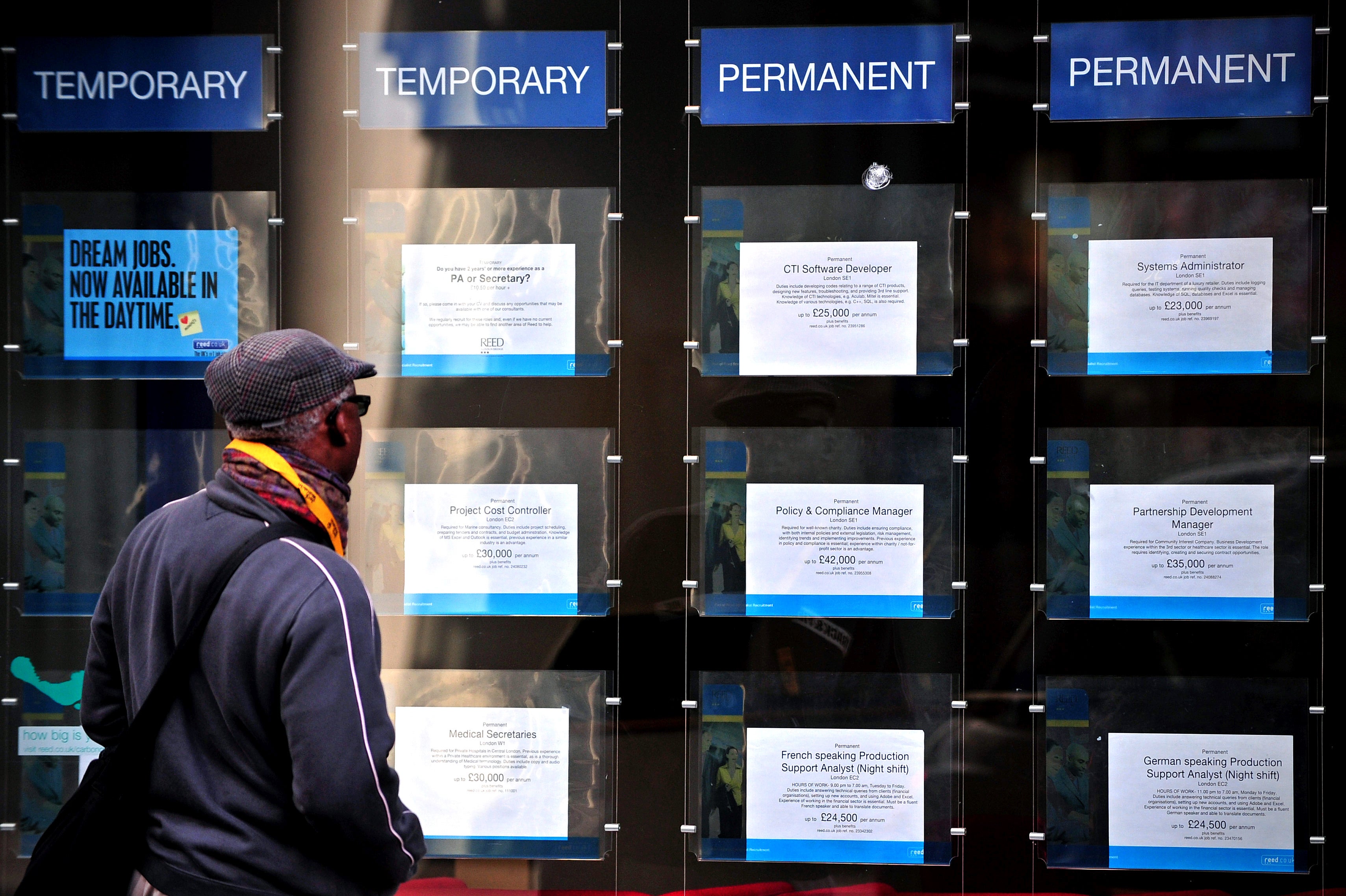The jobs market is undergoing a revolution – businesses must adapt
Wise enterprises will grasp that jobs have to be made more satisfying, and the prizes will go to those that are best at doing so, writes Hamish McRae


One dominant feature of the business outlook this year – certainly for Britain, but also for much of the developed world – will be the hunt for labour. Wages will, and should, go up. But paying people more is only part of the answer. Wise enterprises will grasp that jobs have to be made more satisfying, and the prizes will go to those that are best at doing so.
The starting point is that there are more jobs on offer in the UK than ever before. The most recent numbers from the Office for National Statistics show 1,219,000 unfilled vacancies. That compares with 803,000 at the end of 2019, before the pandemic struck. Go back to early 2008, before the banking crisis, and the previous peak was 702,000. The current demand is off-the-charts astounding.
Is that because people are making lifestyle choices not to work – dubbed “the great resignation”? Well, maybe, to some extent. But looking at the UK, there are more people in jobs than ever before, so that does not quite square.
One thing that has happened has been a fall in the number of self-employed, which must have something to do with the new tax arrangements, the IR35 rules. These stop people who were classified as contractors continuing to be so when they are doing what is, in effect, an employed job.
Whatever the explanation, however, the fact remains that there is a huge unfilled demand for labour. There will be a mismatch, in that the jobs on offer may not be the ones the job seekers want, but if you are looking for work, this is probably the best time for at least 40 years.
So how will those jobs get filled? Pay is part of it. Prices are going up by at least 6 per cent this year. Allow for tax, and wages have to go up by more than that, just to stay level. The challenge then will be to use people’s time more carefully. Maybe some businesses will be able to put up their prices or charges by enough to keep pace, but many won’t. All will have to figure out how to streamline the way they use labour.
A second approach will be to lure more people into paid work. One such strategy, pioneered by the Bank of England, is to recruit people who have, for whatever reason, taken an extended break from their careers. It is a six-month paid placement that can develop into a permanent job.
A third idea is to outsource work to the recently retired, or lure them back in on a part-time basis. The shift to working from home, while not possible for many types of activity, should be a powerful attraction for this group. And then of course there is the use of flexible working conditions as a way of recruiting people who want to make that lifestyle choice.
Part of this option is to allow (or encourage) people to do all or part of their work from home, but that is the obvious difference on the surface. Underneath is the change needed to the mindset of employers. How do you manage people you can’t see? How do you support them? How do you build real teams, not virtual ones? And so on. We need to see changes in the mindsets of businesses, building on what has happened through the lockdowns and adapting that to the new normal.
The new normal will be different in many ways from how we worked before February 2020, but one overriding difference will be the change in the power balance between employer and employee. Hardly any managers will have experienced this before.
To keep up to speed with all the latest opinions and comment, sign up to our free weekly Voices Dispatches newsletter by clicking here
Of course, there have previously been staff shortages in specific skills, but this general shortage is new. Employees, too, will have to learn how to use their bargaining power to get what they truly want, but not abuse that power, because that could undermine their long-term opportunities.
The best study that I have seen on all this comes from McKinsey, which last month produced a report on what it called “The Great Attrition”. It had three messages. One was to “make work more fulfilling and sustainable”. The second was to “improve the employer-employee relationship” – in other words, be a better boss. And the third was to “act boldly to entice people back into the workforce and onto your team”.
They all sound like common-sense ideas, but as so often, they are easier said than done. McKinsey is writing about the US, but we must recognise that what is happening in the job market on both sides of the Atlantic is a revolution – and it has barely begun.
Join our commenting forum
Join thought-provoking conversations, follow other Independent readers and see their replies
Comments
Bookmark popover
Removed from bookmarks